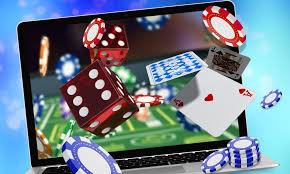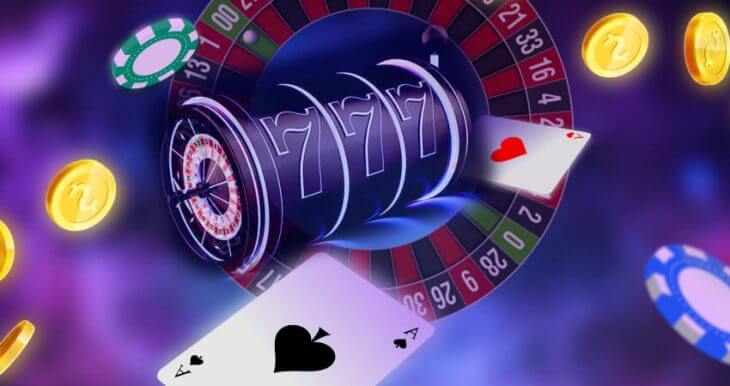
The Phenomenon of Flappy Bird: An In-Depth Analysis
Flappy Bird is not just a mobile game; it’s a cultural phenomenon that swept across the globe, captivating players and igniting conversations about game design, monetization strategies, and addiction mechanics. In this article, we’ll delve into what made Flappy Bird so popular, the controversies surrounding it, and its overall impact on the gaming industry. If you are looking to experience the game yourself, you can do so at Flappy Bird https://flappybirdunblocked.us.
The Game Mechanics
At its core, Flappy Bird is a simple yet challenging side-scrolling game that tasks players with controlling a small bird, navigating it through an endless series of green pipes. The mechanics are straightforward: tapping on the screen causes the bird to flap its wings and ascend; releasing the tap allows gravity to take its course.
This simplicity is deceptive, as the game’s design quickly ramps up in difficulty. The pipes are placed at varying heights, requiring precise timing and judgment from players. The one-tap control scheme allows for accessibility, but its punishing difficulty ensures that players are continually challenged.
The Viral Explosion
Flappy Bird was developed in 2013 by Vietnamese developer Dong Nguyen and released on iOS and Android platforms. What began as a simple project quickly spiraled into a viral sensation. Within weeks, the game exploded in popularity, climbing to the top of app store charts. Factors contributing to its success included:
- Word of Mouth: Players shared their high scores on social media, leading others to download the game and attempt to beat them.
- YouTube Let’s Plays: Many users produced video content showcasing gameplay, which further fueled its reach.
- Accessibility: The game was free-to-play, making it accessible to a wider audience.

The combination of these factors made Flappy Bird a household name, with millions of downloads in a short period. The game’s aesthetic—a pixelated style reminiscent of the 8-bit era—also appealed to many nostalgic gamers.
The Controversies
With great success comes scrutiny, and Flappy Bird was no exception. Dong Nguyen faced accusations of plagiarism, with many pointing out the similarities between Flappy Bird and other games, particularly the “Super Mario” franchise. While the game’s graphics and mechanics may have been inspired by classic titles, Nguyen defended his work, emphasizing that Flappy Bird was an original creation.
Another significant controversy surrounding the game was its addictive nature. Many players reported spending hours attempting to achieve higher scores, leading to concerns about the impact of mobile gaming on mental health. Nguyen himself noted in interviews that he never anticipated the level of addiction the game would create and, as a result, chose to remove Flappy Bird from app stores in February 2014, citing his desire to bring “peace” back into his life.
Game Design and Influence
Flappy Bird’s design has had several lasting impacts on the gaming industry. Following its success, countless clones and imitators flooded app stores, with developers attempting to replicate its formula. This phenomenon raised discussions about originality in game design and the legality of cloning games within the industry.

The game also influenced the design of future mobile games, leading to simpler mechanics and short play sessions that cater to increasingly busy lifestyles. In a world where attention spans have dwindled, the ability to engage players with quick, repetitive gameplay became a valuable lesson for developers.
The Legacy of Flappy Bird
Even after its removal from stores, Flappy Bird’s influence has continued to be felt. Game developers often reference it when discussing viral success and the unpredictable nature of app popularity. Its simple mechanics and punishing nature have become a template for many casual games that followed.
Furthermore, the game sparked interest in the indie game development scene, demonstrating that a small team or individual can create something that resonates with millions. It emphasized the importance of community feedback and player engagement in the development process.
Conclusion
In conclusion, Flappy Bird is more than just a game; it’s a symbol of how unpredictable the gaming landscape can be. Its success and subsequent withdrawal highlight the complex relationship between developers and players in an ever-evolving digital world.
From its simple yet effective design to the controversies that it sparked, Flappy Bird remains a pivotal case study in mobile gaming history. Whether you loved it or hated it, its impact on the gaming industry is undeniable, and it will certainly be remembered for years to come.
Leave a Reply